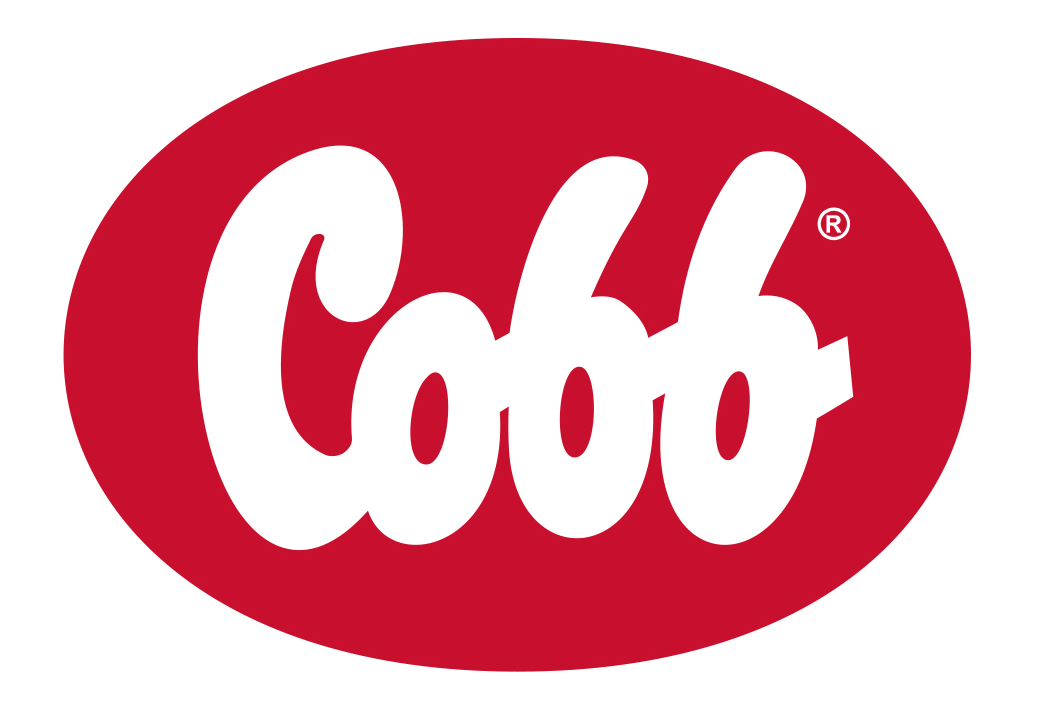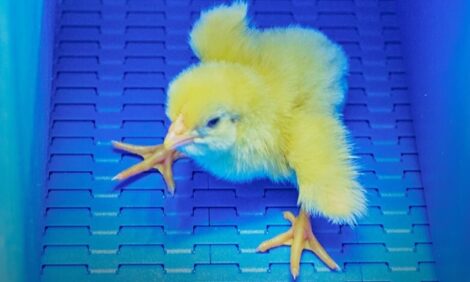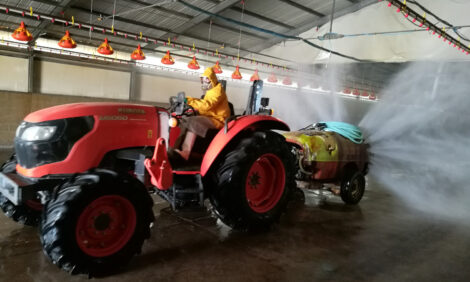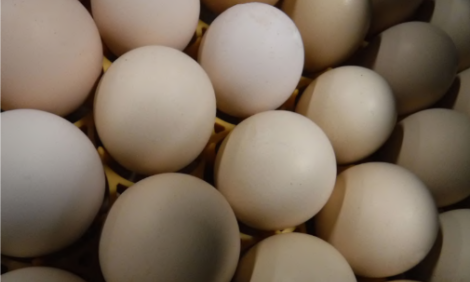



Cobb Breeder Management Guide: Vaccination and medication
Learn how a vaccination program can prevent losses, protect progeny and build immunity and why prevention is the most economical and best method of disease controlPart of Series:
< Previous Article in Series Next Article in Series >
Editor's note: This article is an excerpt from the Cobb Breeder Management Guide and additional articles will follow. The Guide was designed to highlight critical factors that are most likely to influence flock performance. The management recommendations discussed were developed specifically for Cobb products. The recommendations are intended as a reference and supplement to your own flock management skills so that you can apply your knowledge and judgement to obtain consistently good results with the Cobb family of products. To read or download the complete Guide or to view Cobb's other management guides, click here.
Vaccination
The purpose of a vaccination program is to prevent losses from a specific disease, protect the progeny and build immunity. Schedule vaccinations to reduce economic loss by understanding that vaccine reactions can vary by age. Vaccination is a necessary stress, therefore pay particular attention to animal welfare methods to minimize stress. It is not possible to recommend a specific vaccination program for poultry in all areas of the world. Consult your poultry veterinarian for a program that meets the disease challenge and vaccine availability in your geographical area. See the Cobb Vaccination Guide for an overview of modern vaccination procedures.
- Only vaccinate healthy birds.
- Minimize stress following vaccination by careful flock management.
- Use the full dosage and do not dilute the vaccines.
- Do not save opened bottles for later use. All used and open vaccine containers should be properly discarded following each vaccination.
- One member of the vaccinating team should be responsible for supervising the procedure to check that the vaccine is administered correctly. Any birds that do not receive the full dose should be revaccinated.
- The number of doses administered at the end of the day should be checked against the number of doses taken to the farm.
- One qualified person should be responsible for cleaning and sterilizing the equipment at the end of each day’s vaccinations.
- To determine the quality of the vaccine administration, the flock should be monitored post vaccination for any reactions (crooked or twisted necks and mortality or leg damage) depending on the site of administration.
- Monitor the health and antibody status of the flock on a routine basis.
- Read the label and follow the manufacturers’ instructions for vaccine reconstitution, dilution, temperature and administration.
- Do not use outdated vaccines.
- Keep vaccines refrigerated at the manufacturers recommended temperature. Prevent exposure to heat and direct sunlight. The vaccine refrigerator should be in a clean and secure area.

Medication
Prevention is by far the most economical and best method of disease control. Prevention is best achieved by implementing an effective biosecurity program, including appropriate vaccination. However, if the flock shows disease symptoms it is important to obtain qualified veterinary consultation as quickly as possible.
Drugs and antibiotics are expensive and can confuse the characteristics of a disease, complicating the correct diagnosis. Using the correct medication and treatment timing can be crucial to combat a disease. The preferred choice of a drug for some diseases may be harmful if used for the treatment of others.
For certain diseases there may not be an effective treatment or it may not be economically feasible to treat.













